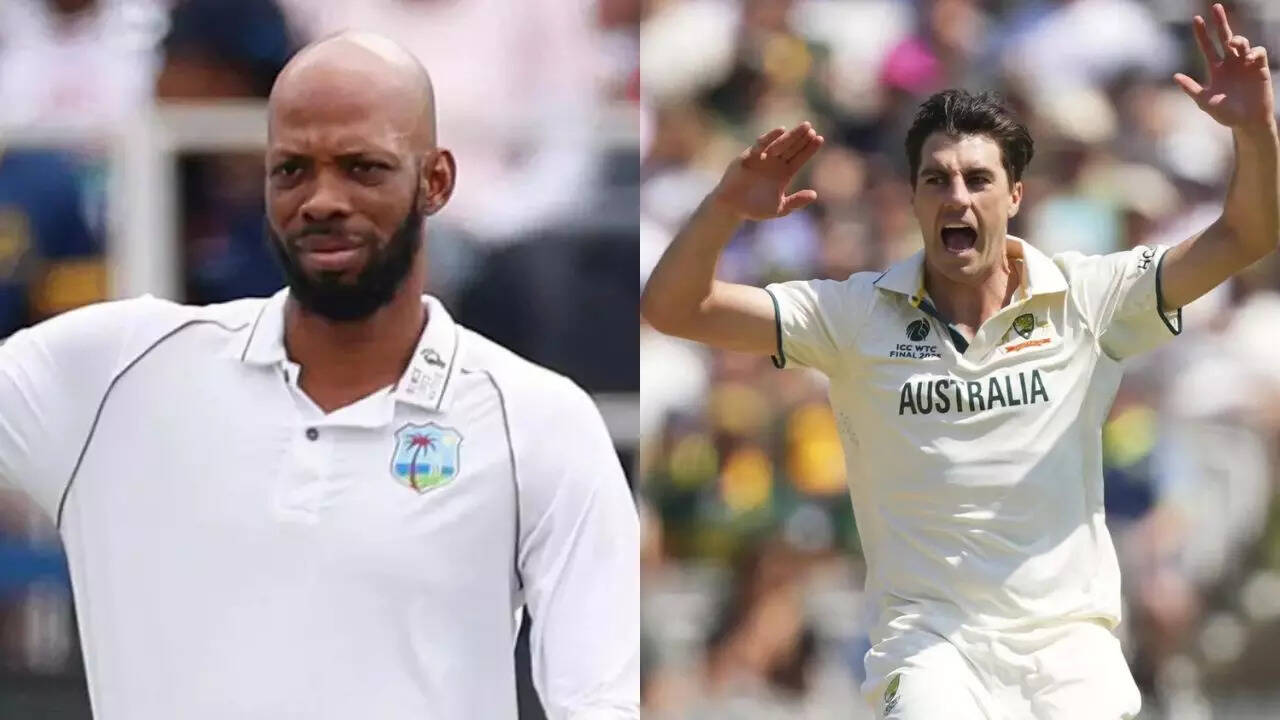Peering into her new book Zeba: The Accidental Superreroshe read a few lines with her sweet voice, before underscoring with absolute clarity and boldness the gender inequality that thrives in society. To the world around, Huma Qureshi has always been a stunning and versatile actress. But that day, amid hollers and resounding applause at the Hyderabad Literary Festival in Sattva Knowledge City, everyone could see just how far the great artiste had come. In a heartwarming conversation post her talk, she opens up about her journey and more.
Excerpts
How was your experience at HLF 2025?
I was very honoured, happy, and proud! Hyderabad is a city that is very close to my heart as I have many friends here and visit them often. The location chosen for HLF was amazing, a symbol of how beautifully the city has developed. HLF allowed great writers across the country to interact with each other, bringing young readers into the fold.
Tell us about your book, Zeba: The Accidental Superrero.
A couple of years ago, I got the idea for Zeba and wrote a 10-pager for a film or TV series. A lot of people showed interest but those talks came to a standstill when Covid hit. I then thought to myself, ‘Do I write a script or a book?’. I believed that writing a book was far easier, so that’s what I did. The book is about a female superhero who’s a badly behaved misfit, so much so that you almost won’t like her when you first meet her. But she ends up doing marvellous things!

How did your love for acting start? Take us through your journey.
Growing up, I was actually more of a reader than a film buff — in fact, I’d bunk my homework and devour the book Famous Five by Enid Blyton. Sometimes, I’d hide the latest novel I was reading inside my science book and pretend that I was studying. Once, my mother caught me, and I had hell to pay! (laughs)
Having said that, films also have a very special place in my heart. There was this single-screen theatre near my house; I remember watching Hum aapke hain kaun and Jurassic Park. I was mesmerised by the world of movies…when you sit in that dark hall and watch your favourite movie stars, it captures your imagination.
I used to do theatre as well and thoroughly enjoyed it. When I was studying in Gargi College in New Delhi, I started getting many calls for auditions in Mumbai. My father thought they were scams but some of those calls were genuine ones! (laughs) But this experience made me think if I should actually go and try it out. But doubt plagued my mind, making me wonder if I, a middle class girl from Delhi, could just arrive in Mumbai with my bags and make a career. But I suppose that my life story has been testament to the fact that I made it possible.
I do big commercial films but if I find a story that is appealing and feel it will be path-breaking, I lend my support to it, even if it doesn’t have a big setup. I feel blessed as an artiste — I’m spoiled for choice and can pick and choose the stories and genres I want. My personality will not allow me to restrict myself.
Who are your inspirations?
I grew up on a steady dose of Shah Rukh Khan and Madhuri Dixit. When I bagged a role in Dedh Ishqiya and got to work with Madhuri Dixit, I felt like I had truly arrived in life.
Every artiste faces their share of challenges. How do you cope with them?
I try not to mull over challenges, failures, and setbacks — the longer I dwell on them, the longer I will take to achieve my dreams. I tell myself that if one door is shut, another will open, so let’s go look for that door.
What is one of the biggest lessons you’ve learnt?
The film industry teaches you something new every day. In fact, the world is not a rosy place for a working woman in any profession. There are setbacks and challenges all the time and you have to constantly prove yourself. This comes from the society we live in. Unless we don’t change this thinking right from our homes and schools, such thoughts will continue to permeate everywhere. I hate it when people say things like, ‘An actress has a shelf life’. Who decided these rules? I didn’t come here to be part of somebody else’s story. I came here to write my own.






